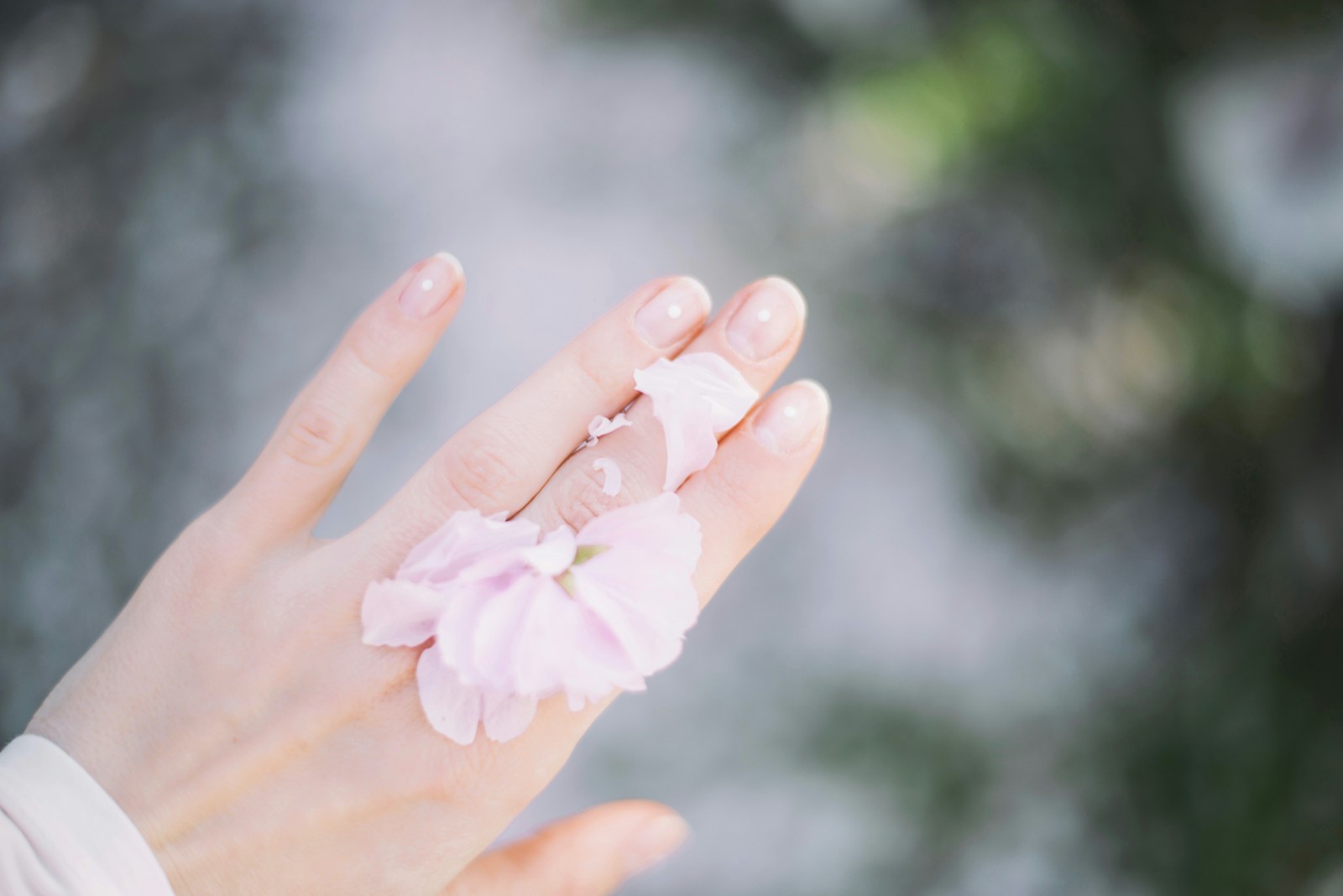
皮肤
pí fū

skin
The Chinese word '皮肤' can be used in a variety of contexts, similar to its English equivalent 'skin.' It is commonly used to refer to skin on human body and can also be used metaphorically. For example, in expressions regarding someone's facial skin condition.
Example sentences using: 皮肤
皮肤需要多喝水。
Pífū xūyào duō hē shuǐ.

The skin needs to drink more water.
This sentence is advising to drink more water for healthier skin.
皮肤护理是重要的。
Pífū hùlǐ shì zhòngyào de.

Skin care is important.
This sentence emphasizes the importance of skin care.
我的皮肤很白皙。
Wǒ de pífū hěn báixǐ.

My skin is very fair.
This sentence shows someone describing the fairness of their skin.
皮肤干燥是个问题。
Pífū gānzào shì gè wèntí.

Dry skin is a problem.
This sentence talks about dry skin being a problem.
皮肤感觉很痒。
Pífū gǎnjué hěn yǎng.

Skin feels very itchy.
This sentence is about someone who feels itchy on their skin.
皮肤暴露在阳光下。
Pífū bàolù zài yángguāng xià.

The skin is exposed to the sun.
This sentence talks about skin being exposed to the sunlight.
皮肤状况可以反映你的健康状况。
Pífū zhuàngkuàng kěyǐ fǎnyìng nǐ de jiànkāng zhuàngkuàng.

Skin condition can reflect your health status.
This sentence suggests that the state of one's skin can be an indicator of their overall health.
保持皮肤清洁很重要。
Bǎochí pífū qīngjié hěn zhòngyào.

Keeping the skin clean is very important.
This sentence gives advice on the importance of keeping skin clean.
这种产品对皮肤没有伤害。
Zhè zhǒng chǎnpǐn duì pífū méiyǒu shānghài.

This product does not harm the skin.
The sentence is saying that the product does not harm the skin.
皮肤很敏感,不能用强烈的化妆品。
Pífū hěn mǐngǎn, bù néng yòng qiángliè de huàzhuāngpǐn.

The skin is very sensitive and can't use strong cosmetics.
The sentence discusses how sensitive skin should not be exposed to strong cosmetics.